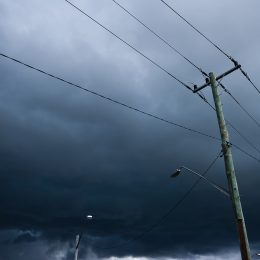
It’s a popular misperception that replacing windows can lead to significant energy savings. But, frequently other projects will give a better payback and increase your comfort. There are instances when replacing windows makes sense: aesthetic reasons, addressing broken panes, or if the window is not functioning because of damaged hardware. But if you are thinking about new windows to save a bunch of money, here are some ideas to think about first:
It’s not your windows – it’s the other air leaks!
Many people think that drafty windows are causing their discomfort. Yet, it’s frequently other air leaks throughout the home that are to blame. Sealing common air leak around chimneys, ductwork, water lines, gas lines, and dryer vents can do a great deal to improve your home’s comfort. In fact, ENERGY STAR® reports that adding up all the leaks, holes, and gaps in a typical home would “be the equivalent of having a window open every day of the year!”
Your windows likely will feel drafty in the winter, because… science!
As you stroll past your windows in the winter, you may feel a chill that leads you to think that your windows are leaky. One of two things is probably happening: heat is transferring through the glass to outside where it is colder. Or, warm air which has risen toward the ceiling, is cooling, and falling past the cold window; this creates the impression that there is a draft coming through the window. You can easily fix both by shutting blinds and curtains, making sure supply registers are open and free from obstruction, and maybe even adding a storm window.
Low-cost steps will improve your home’s comfort.
There are simple things you can do to improve your home’s comfort in the winter months. Reposition furniture away from windows to prevent feeling the chillier air near those windows. Open blinds and curtains when the sun is shining to help heat the house and close them at night to retain that heat. Sealing leaks around your home with caulk and foam is an effective low-cost DIY project that leads to impressive results!
Visit www.EnergyStar.gov for details on air sealing your home. Visit
www.PowerMoves.com for energy saving tips, efficiency rebates, and the name of your local energy advisor who is specifically trained to help you save money and be comfortable. Help is just a click away.



